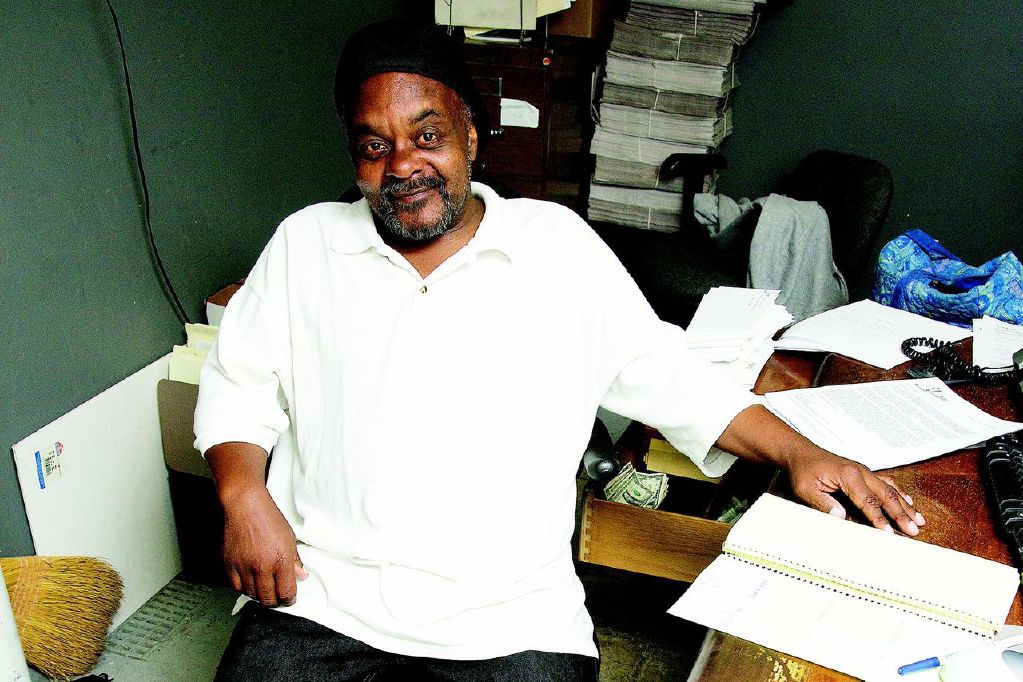My column this week was supposed to be about the so-called “Free Speech Rally.” It was supposed to be about the pride that swelled in my chest as my adopted hometown—which has itself faced more than enough issues when it comes to racism—overwhelmingly rejected (to the tune of 40,000 people) the same crap that engulfed Charlottesville, Virginia, the week before. However, by the middle of the week, all that pride had evaporated and was replaced by a little anger and a lot of disappointment.
According to a story in the Boston Globe, a District Court judge in Boston has given Rene Norestant Jr., the former North Station security guard who assaulted a disabled homeless man, Michael Hathaway—who was simply sitting on a bench, trying to stay warm and bothering no one (it’s all on video, folks)—the opportunity to dismiss the charges if Mr Norestant completes 100 hours of community service. That, my friends, is essentially the same punishment someone receives for drinking in public.
It seems that, once again, the City of Boston and its criminal justice system is telling the homeless that they do not matter. “A declaration,” as a colleague of mine put it, “that they are worthless and have no value whatsoever.”
So, is the law now telling us that Mr. Hathaway, the four other victims Mr. Norestant allegedly assaulted and homeless people in general are only worth the equivalent of a fine? It sure seems like it.
As I said earlier, this isn’t the first time a Boston court has somehow failed to understand the seriousness of a homeless person being assaulted. The case that stands out is of the former college football players who stomped on a homeless man in Allston because he wouldn’t stop panhandling. The man is now housed, but he never fully recovered from the beating and is now suffering from memory loss. One of the men charged with the assault, on the other hand, walked away with probation.
So where does it end? Or rather, what will it take before assaults on the homeless are taken a little more seriously? When will they get real justice? What needs to be done—does someone have to die? That has happened before, but why should it come to that? You can bet that if the roles were reversed, Mr. Hathaway would have been vilified in the media and would be in a jail cell somewhere—caged like the animals homeless people are perceived to be.
This isn’t about race; it’s about human beings who simply deserve to be treated fairly. Michael Hathaway is a human being, and the justice system should treat him and all homeless people as one.

Leave a Reply
You must be logged in to post a comment.